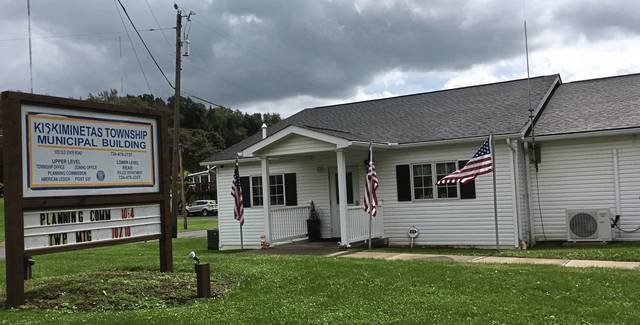https://naviga.triblive.com/local/valley-news-dispatch/kiski-township-to-create-sewage-authority-to-oversee-16m-project/
Kiski Township to create sewage authority to oversee $16M project

Kiski Township supervisors plan to establish the Kiski Township Sewage Authority next month to oversee a $16 million project to bring public sewerage to nearly 700 homes.
That amounts to about half of township households, said township engineer Richard Lenhart of Senate Engineering.
About 10% of the township residents have public sewers, and those are in the western portion of the township.
The plan is to extend those public sewer lines from the intersection of Old State Road and Route 56 to the Apollo-Ridge High School campus, Lenhart said.
The first shovel won’t hit the ground for about four years, and then construction will take two to three years, he said.
“The authority will do more than put in sewers and send a bill,” said A.J. Bione, one of five board members appointed to the new authority by township supervisors. Other board members are Calvin Creighton, former Apollo Mayor Bill Kerr, township Supervisor Chuck Rodnicki and Rebecca Rupert.
Bione is the township’s longtime board representative to the Kiski Valley Water Pollution Control Authority, which provides sewage processing to Kiski Township and 12 other municipalities.
Bione notes that of the five townships served by the Kiski Valley authority, only one didn’t have its own sewage authority — Kiski Township.
“You have to give supervisors credit for being progressive to move the township into the future,” he said.
For supervisors, the project provides much needed sewerage where there are faulty systems and a few “wildcat” home systems where raw sewage and gray water is discharged openly into local streams.
Township officials have said for years they think public sewerage is a way to attract development along the Route 56 corridor and grow the tax base.
“We have a whole lot of work to do to get this sewage authority off the ground,” said Rodnicki, the township supervisor who is the designated township liaison on the new authority’s board.
The sewage project plan is still in works. It eventually has to be presented to the public and approved by the state Department of Environmental Protection, he said.
The board has to choose a solicitor, find office space, work with the public on the project, find funding and more, Rodnicki said.
The authority’s operational costs will be covered by the township.
Tap-in fees and other costs to residents have not been calculated. Rodnicki and Bione said they will be looking for grants, low-cost financing and ways to help elderly and low-income residents tap in.
Copyright ©2026— Trib Total Media, LLC (TribLIVE.com)
